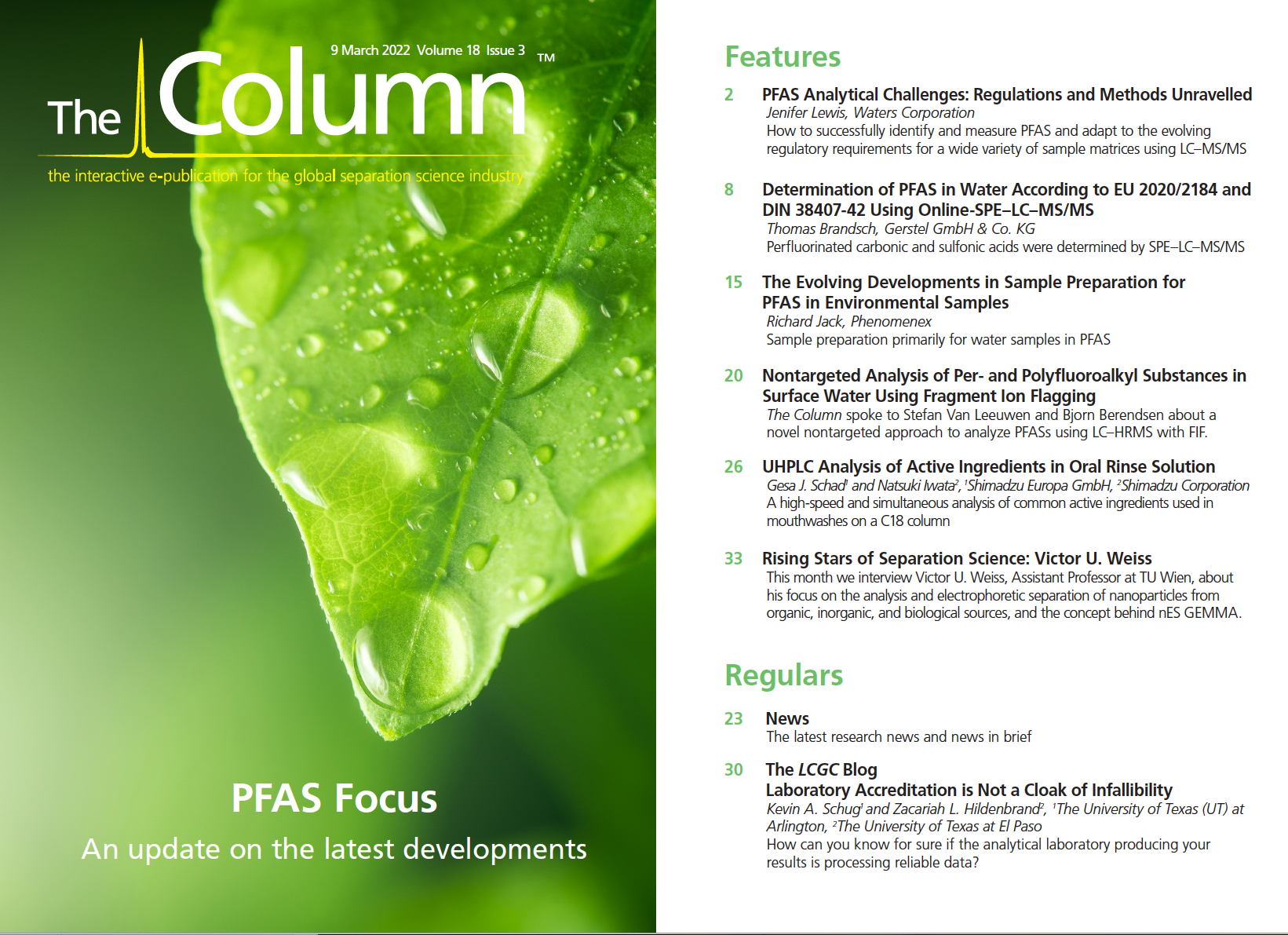Agilent and University of Vermont Announce Collaboration
Agilent Technologies Inc. (Santa Clara, California, USA) and the University of Vermont (UVM) (Vermont, USA) have announced the establishment of the Agilent Laboratory for Chemical Analysis (ALCA). The facility will feature advanced instrumentation allowing students, institutional colleagues, industrial partners, and regional high-tech start-ups to study the composition and structure of chemical samples. The site will act as a shared educational and research space for educational purposes while also serving as a valuable technology resource to local and regional businesses.
“Agilent is extremely pleased to support UVM in the development of this innovative research facility,” said Mike McMullen, Agilent President and CEO. “It’s another example of Agilent’s commitment to advancing scientific understanding and at the same time supporting UVM and the local community.”
The fast pace of technological advancement can be a challenge for educational facilities such as universities or research facilities. However, the suite of Agilent instrumentation housed in the ALCA facility will advance long-term technical and scientific goals in the state of Vermont and support economic and technological sustainability throughout the region.
“This new state-of-the-art instrumentation laboratory will fulfill a primary need in academia, where we have an obligation to ensure the next generation of scientists have the technical skills required to meet modern challenges,” said Dr. Giuseppe Petrucci, Professor of Chemistry at the University of Vermont. “Beyond that, the fact that this lab will also be available to faculty members for research projects, as well as to start-up companies in the area, offers tremendous opportunities to advance scientific discovery and validation.”
The University of Vermont is hopeful the ALCA facility will establish an “incubator” environment where users can develop and share ideas and tackle challenging analytical problems in a dynamic and scientifically driven environment. The laboratory will also serve as a regional hub for Agilent representatives to showcase and demonstrate instrumentation functions and capabilities.
For more information please visit: www.agilent.com or www.uvm.edu

Evaluating Body Odor Sampling Phases Prior to Analysis
April 23rd 2025Researchers leveraged the advantages of thermodesorption, followed by comprehensive two-dimensional gas chromatography coupled to time-of-flight mass spectrometry (GC×GC/TOF-MS), to compare and assess a variety of sampling phases for body odor.

.png&w=3840&q=75)

.png&w=3840&q=75)



.png&w=3840&q=75)



.png&w=3840&q=75)
















